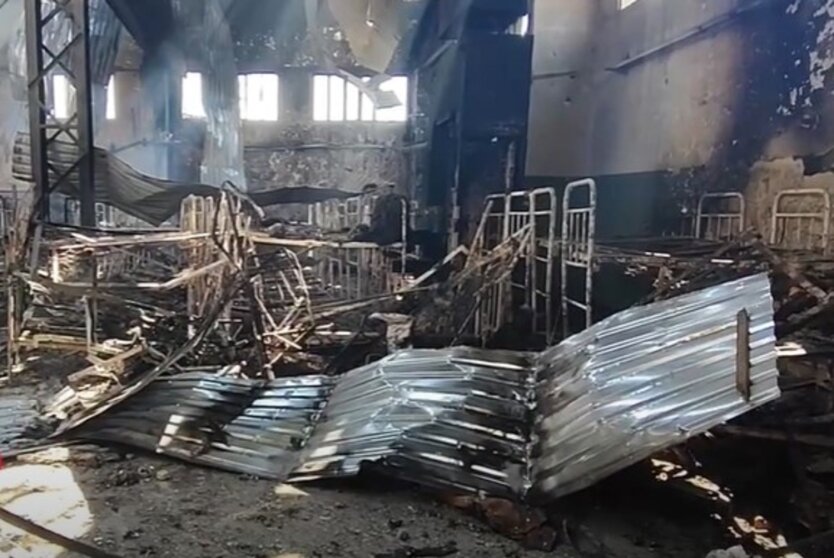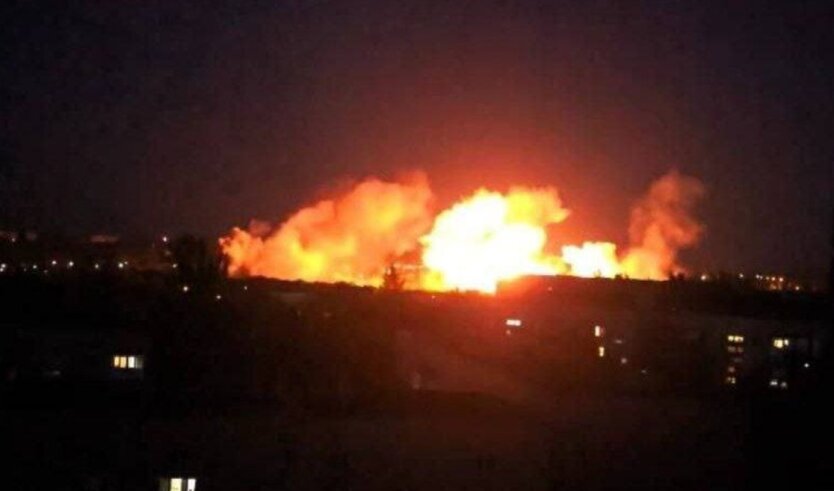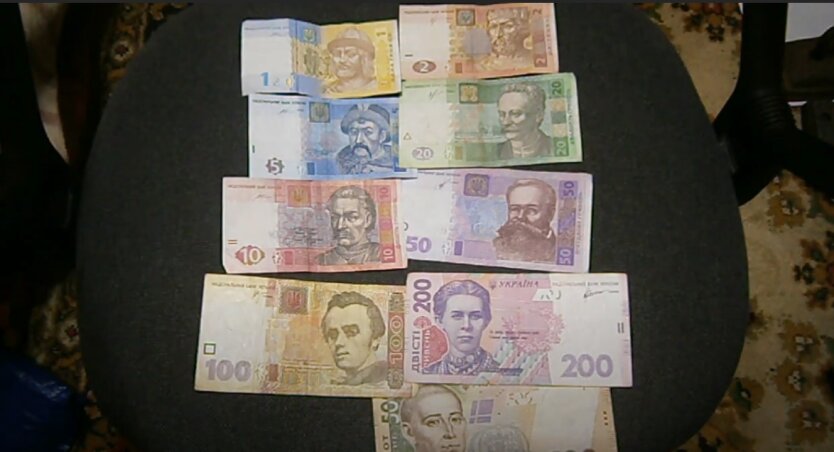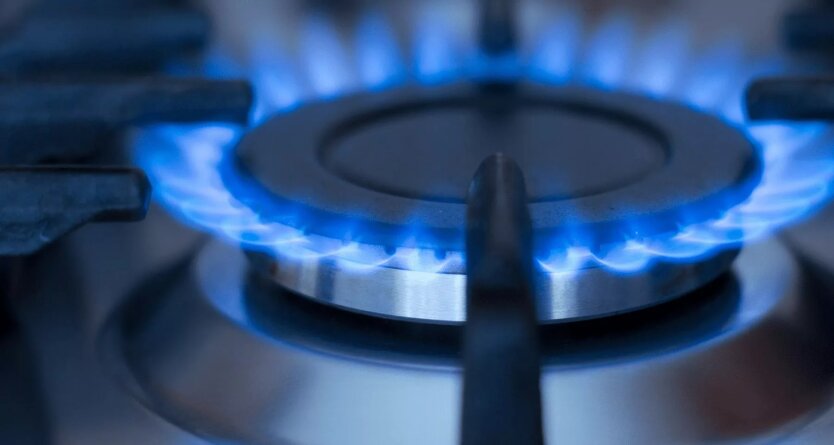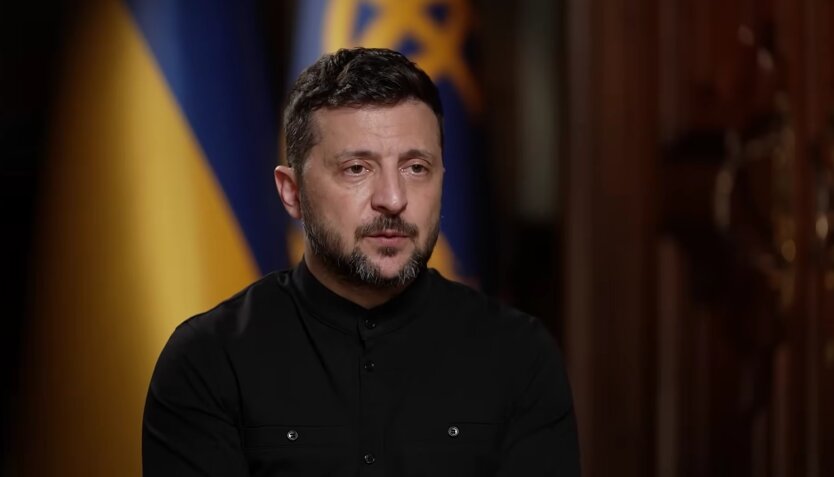This is absurd: expert revealed the dangerous consequences of the reform of communal enterprises.

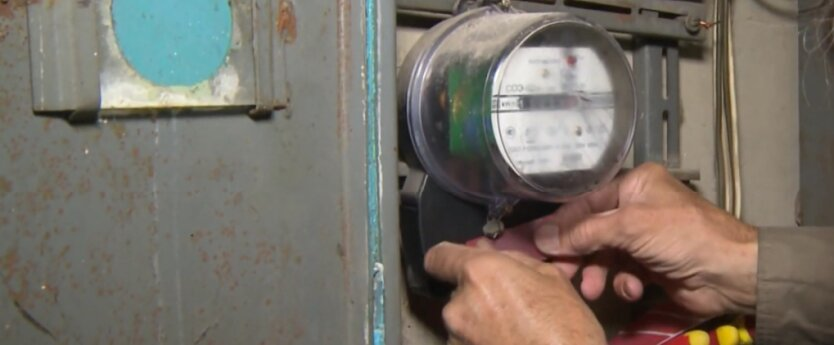
The transition of communal enterprises to a private format may have negative consequences
According to the draft Law of Ukraine 'On the peculiarities of regulating the entrepreneurial activity of certain types of legal entities and their associations during the transitional period' (registration No. 6013), it is planned to convert communal enterprises in Ukraine into private limited liability companies.
Oleg Popenko, founder of the NGO 'Union of Consumers of Communal Services', warns about potential risks associated with such conversion. He emphasizes that the abolition of the institution of communal enterprises and ownership of communal property may have unpredictable consequences. The expert stresses that such reorganization will complicate the provision of services in sectors such as healthcare, education, heating, and water supply. According to him, communal enterprises perform a social non-profit function, and converting schools and hospitals into private enterprises is absurd.
Despite this, the expert acknowledges the necessity of reforming the communal sector, particularly the liquidation of duplicative enterprises in the field of improvement and construction.
It is also worth noting that Oleg Popenko previously pointed out the critical state of heat networks and water utilities in Ukraine. According to him, heat losses in the networks amount to 40-50%. About 600-700 kilometers of pipes require urgent repairs. There is also the problem of the lack of reliable data on the state of infrastructure. In the water supply sector, about 85-90% of the networks are unfit for operation, and the debts of enterprises for electricity exceed 9 billion hryvnias. The situation is complicated by the lack of a systematic approach to infrastructure modernization and staffing issues.
Tariff increases for communal services are anticipated
From 2025, a significant increase in tariffs for basic communal services is anticipated, particularly for electricity, gas, heating, and hot water. Experts warn that this may further complicate the situation in the industry.
Read also
- UN investigation confirmed Russia's guilt in the terrorist attack in Olenivka in 2022
- The Defense Forces struck the occupied Donetsk and Luhansk: video
- The old 5-hryvnia banknote brought 17 thousand: which banknotes are worth crazy money
- Fines for drivers and confiscation of cars: Germany has tightened rules for Ukrainians
- July gas tariffs have already been set: who will pay significantly more
- Zelensky on drone production, sanctions against Russia and Ukraine's path to NATO: main points from the address

